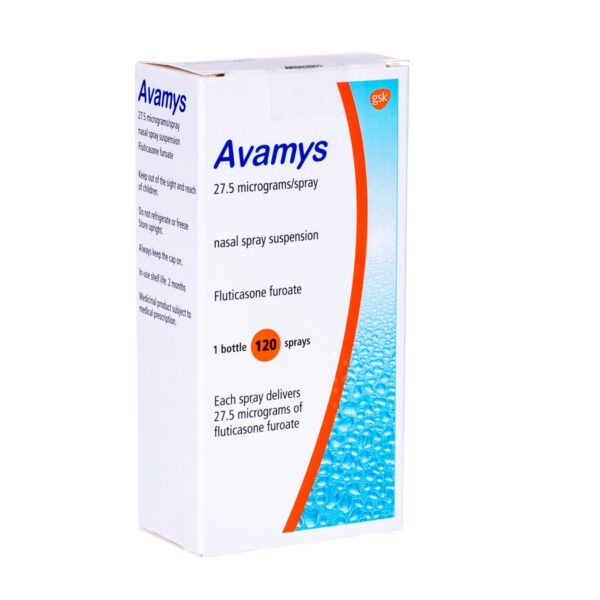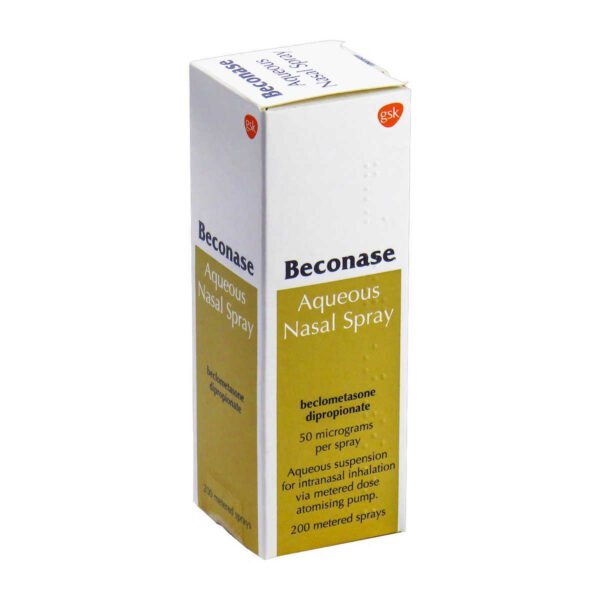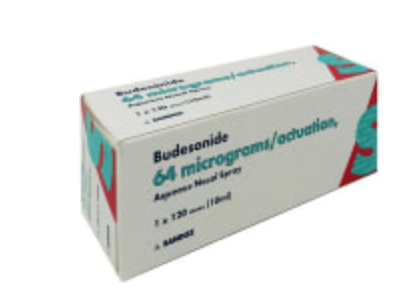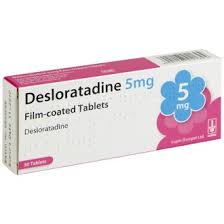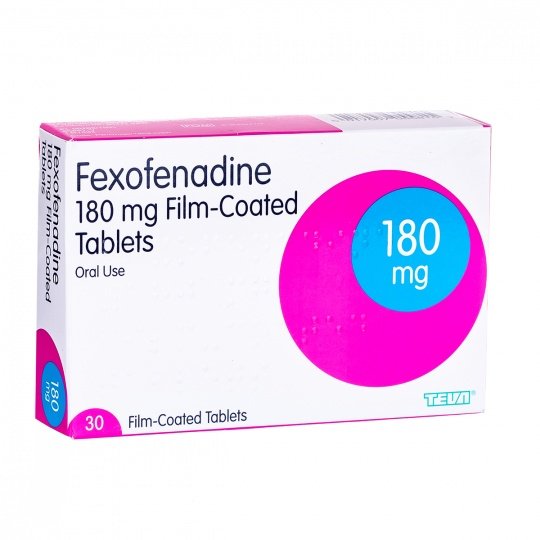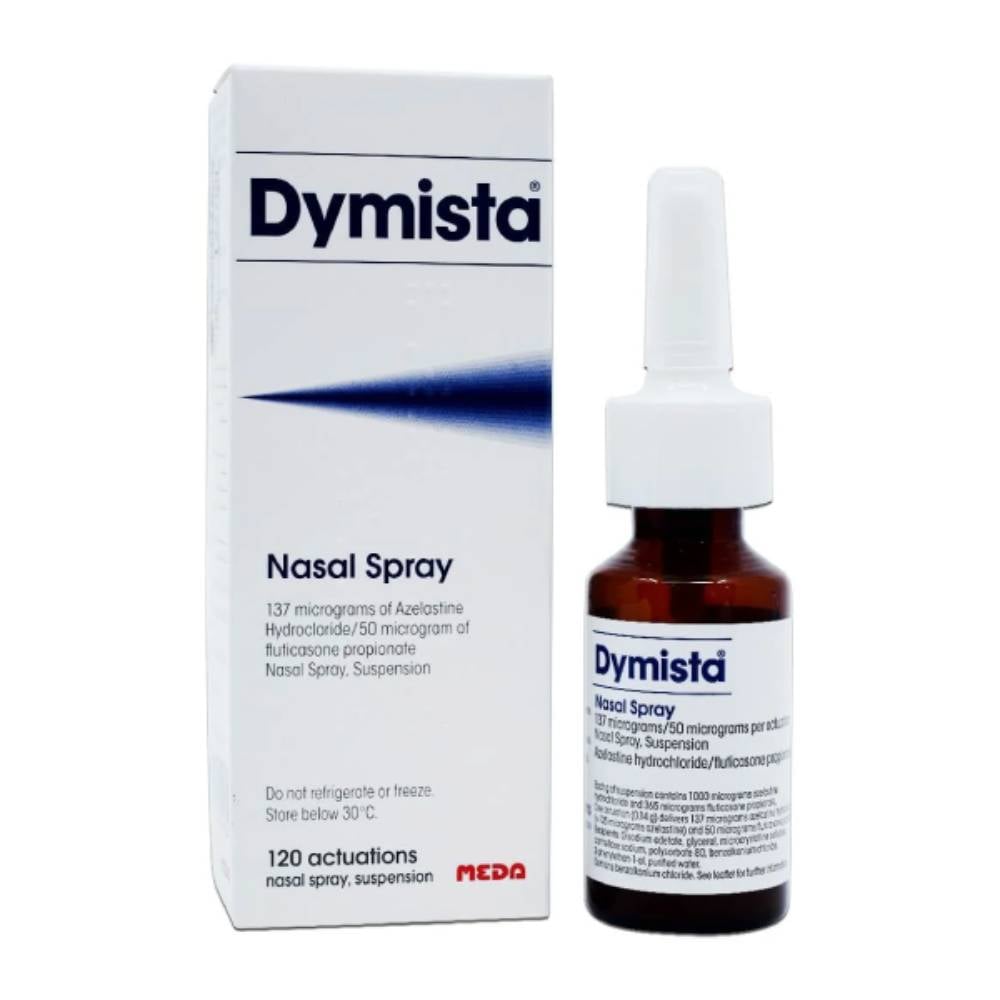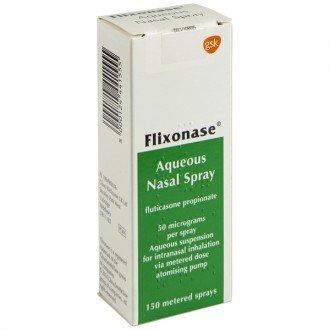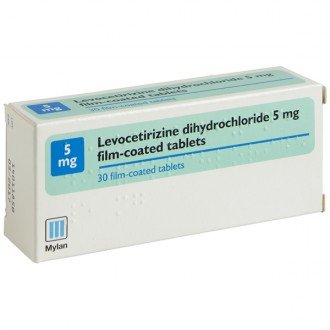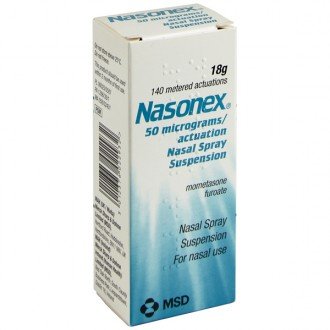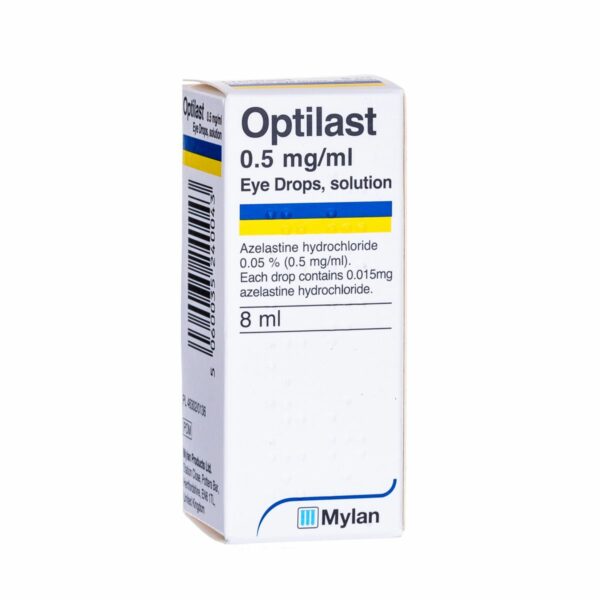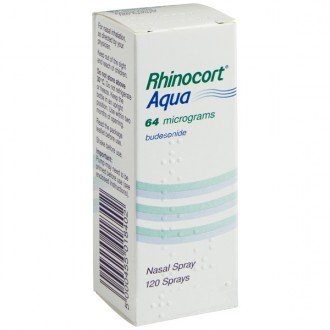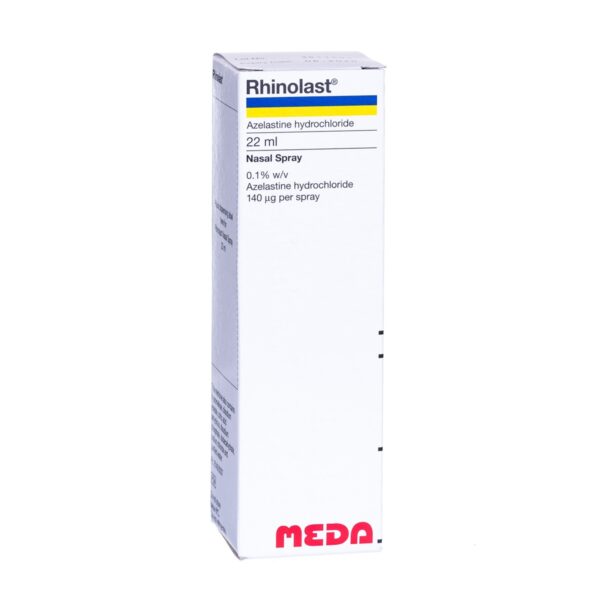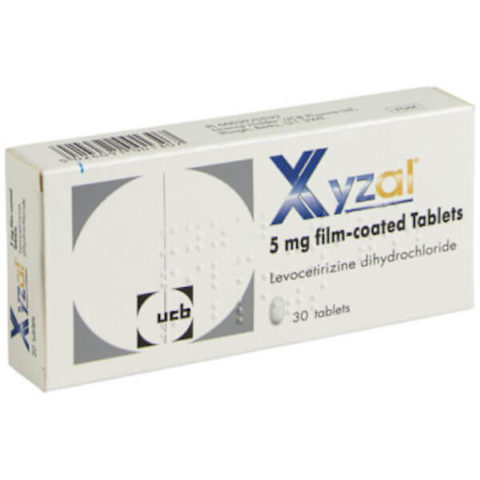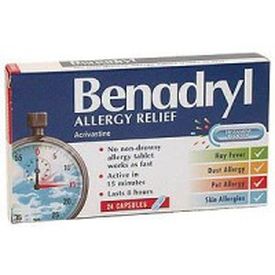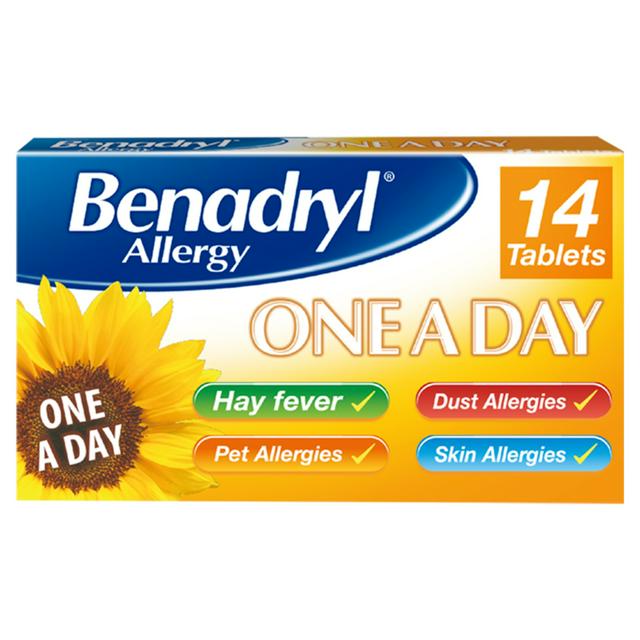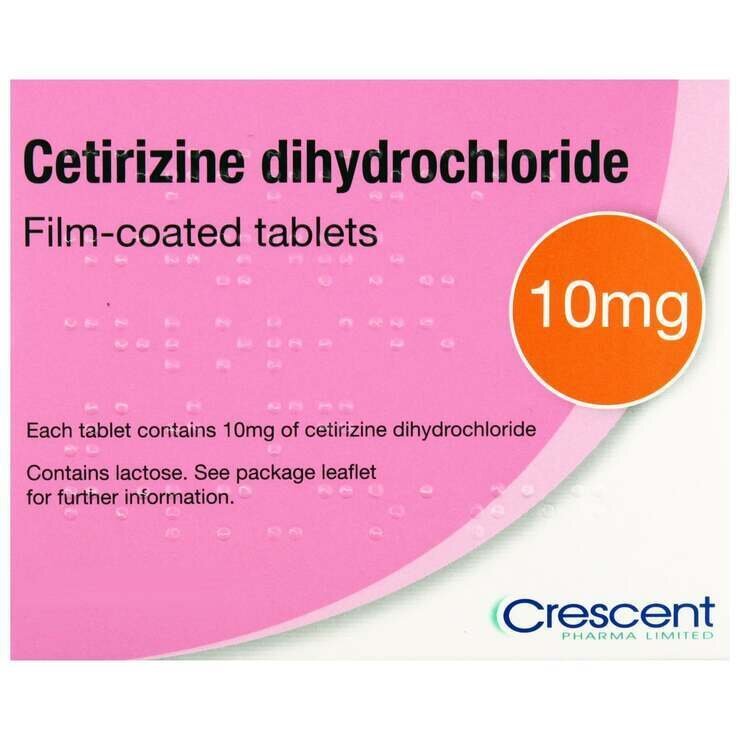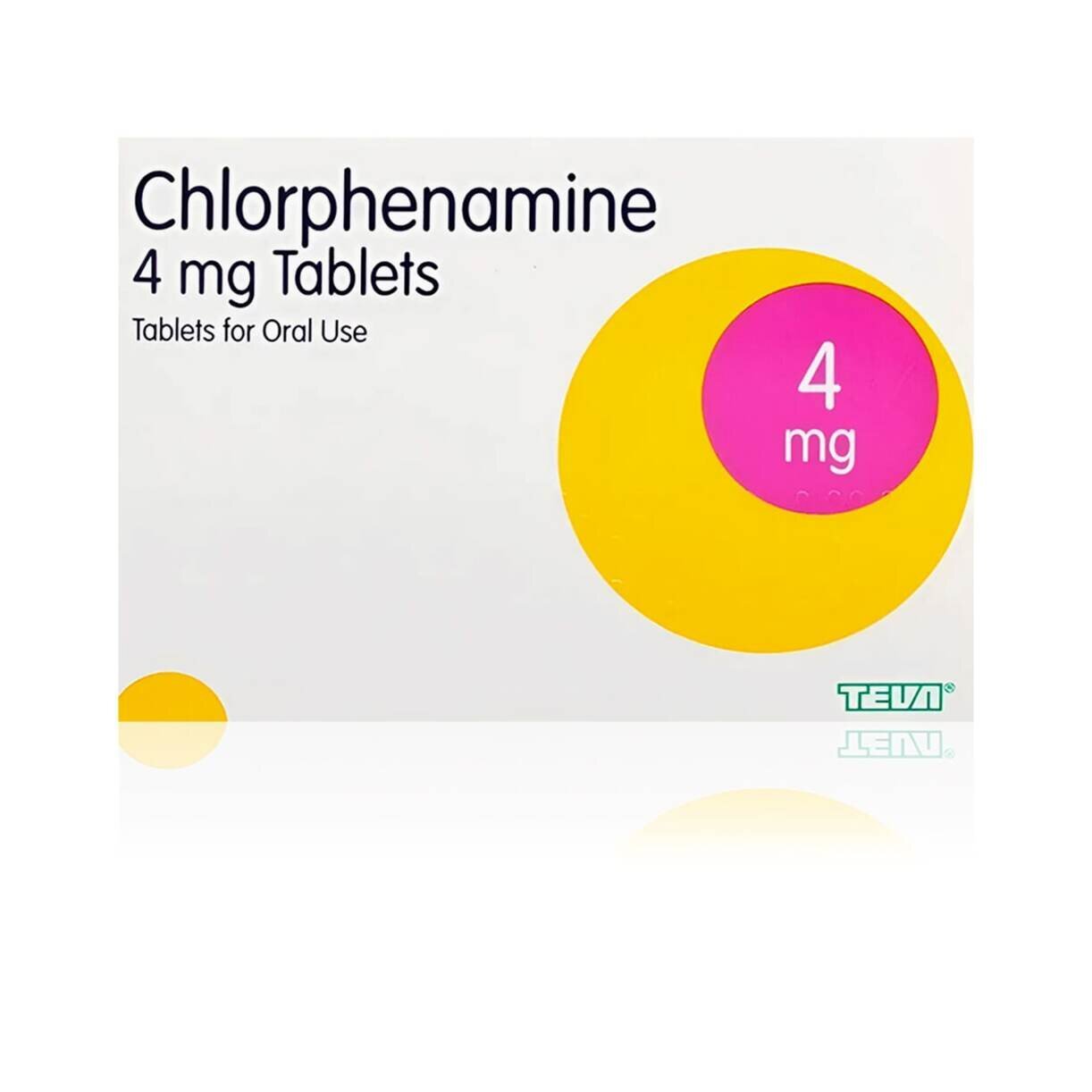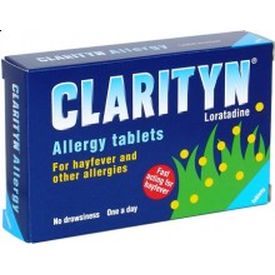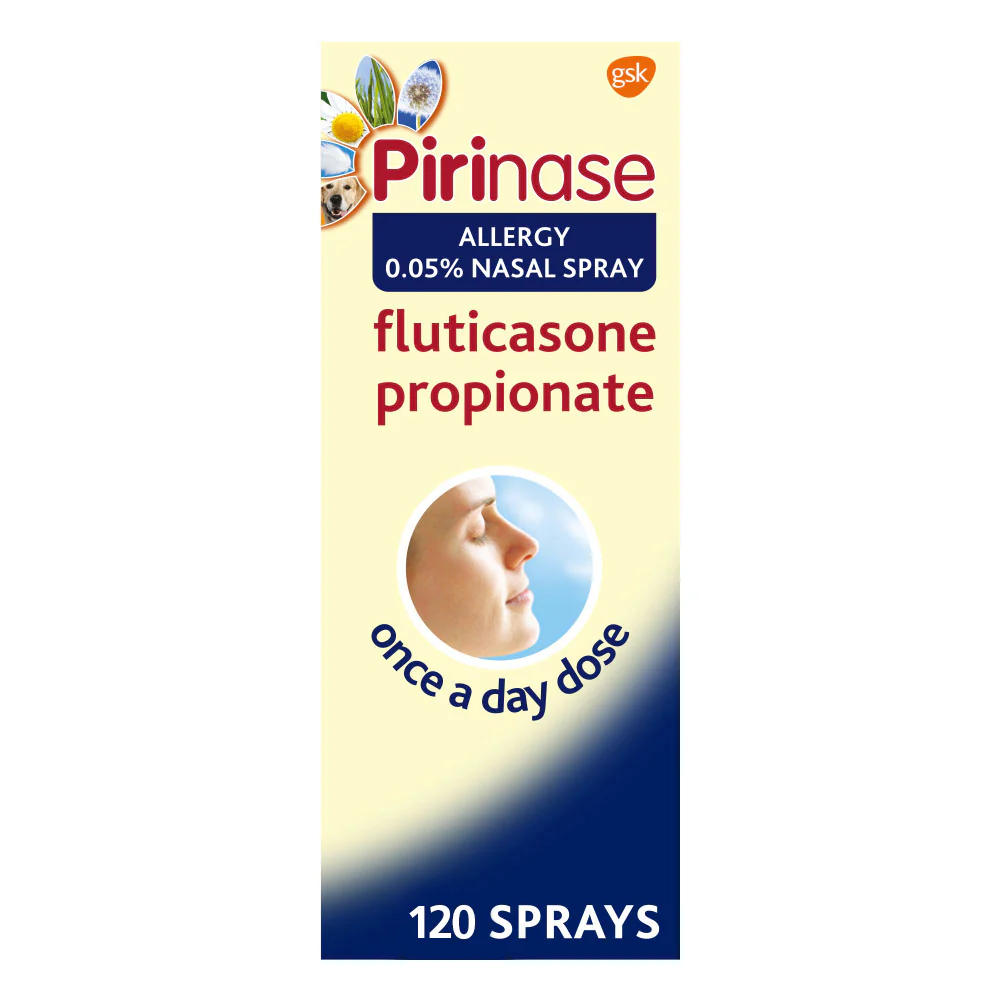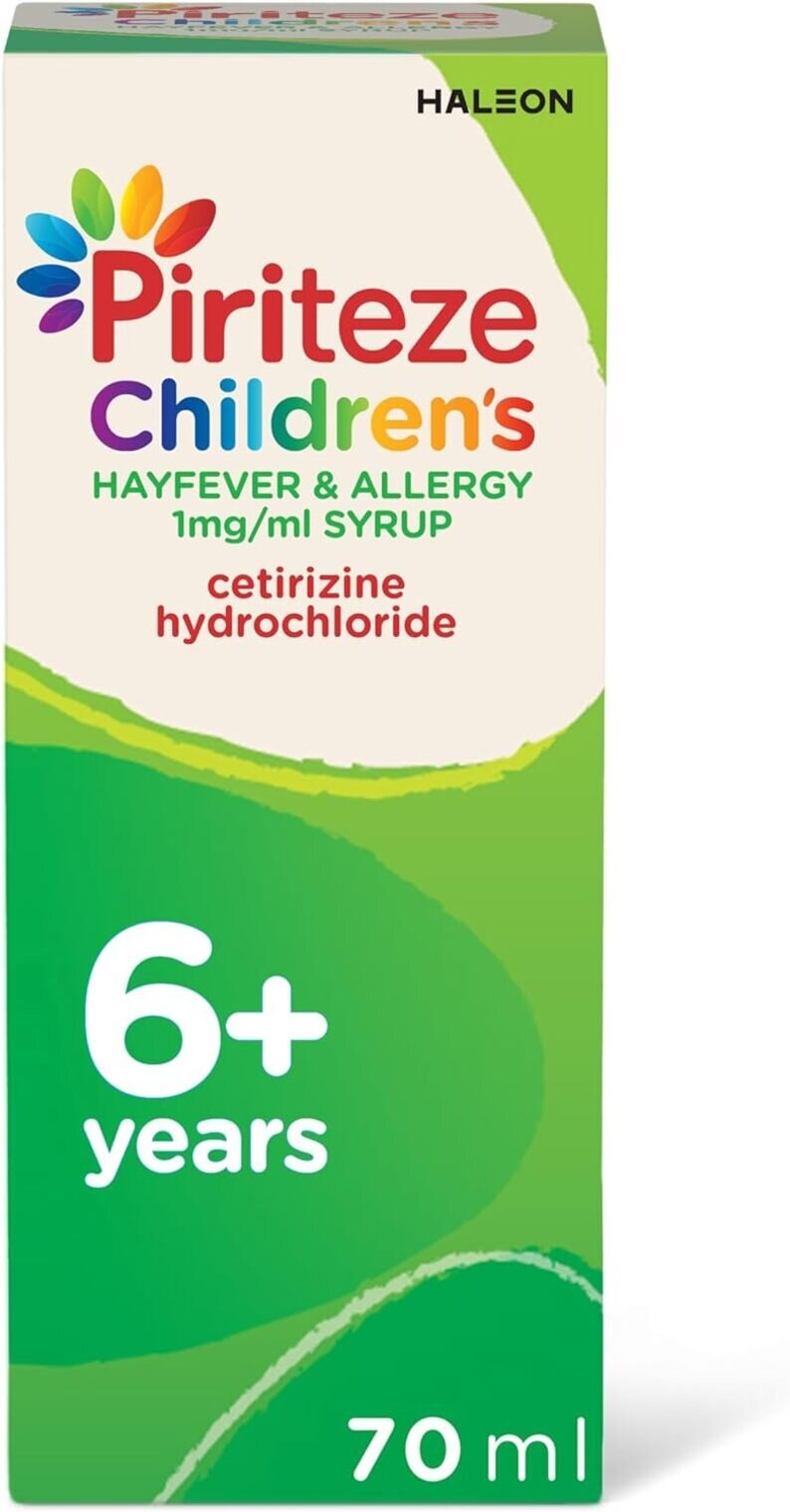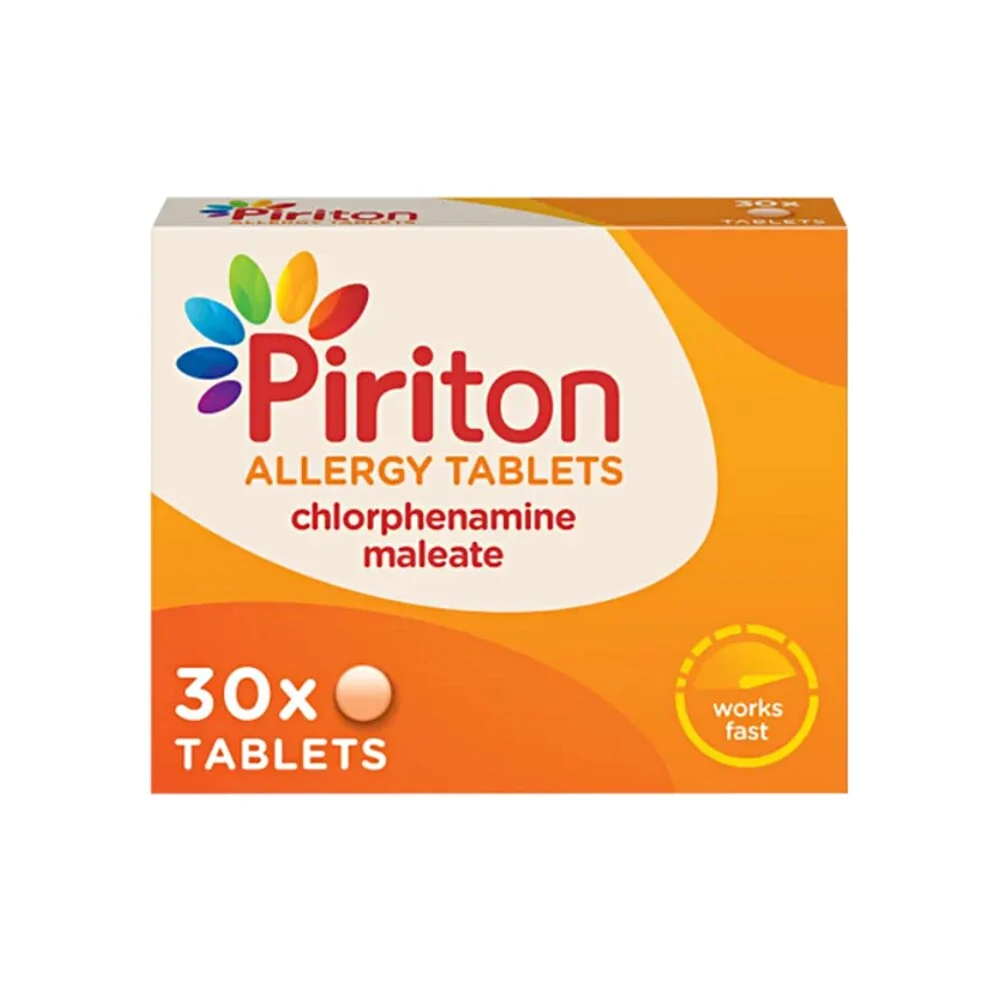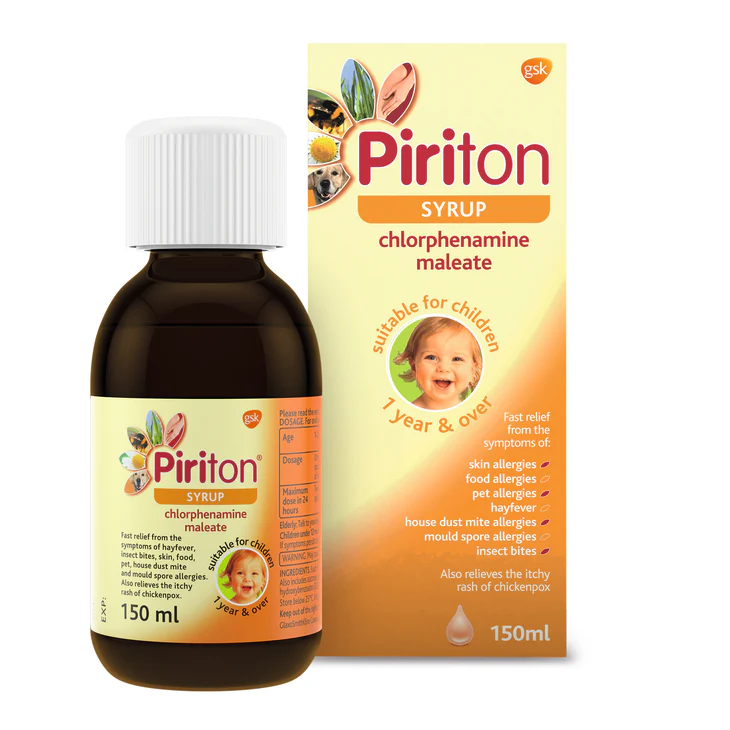What is Hay Fever?
Hayfever occurs when your immune system reacts to harmless substances like pollen, dust, or pet hair, triggering symptoms such as sneezing, a runny nose, and itchy eyes. Your body sees these substances as threats, even though they aren’t harmful.
There are two main types of hayfever:
Seasonal Hay Fever
Seasonal hayfever usually flares up during certain times of the year, particularly in spring and summer when pollen levels are high. Symptoms often become more intense during these seasons.
Perennial Hay Fever
This type can cause symptoms throughout the year, often due to indoor allergens like dust mites or pet dander.
Hay Fever Symptoms
Hay fever can cause symptoms ranging from mild to severe, depending on the individual and the level of exposure to allergens. Common symptoms include:
- Sneezing: Frequent and repetitive sneezing, often in fits.
- Runny or blocked nose: Your nose may produce clear mucus or feel congested.
- Itchy eyes, nose or throat: A persistent itch in your eyes, nose, or throat is a sign of hay fever.
- Watery eyes: Your eyes may water more than usual, often accompanied by redness.
- Coughing: A dry cough can develop, particularly if your throat is affected.
- Fatigue: Constant symptoms can make you feel tired or rundown.
What causes Hay Fever?
Hayfever is triggered when your immune system overreacts to certain particles in the air, treating them as harmful invaders. To effectively manage your hayfever, you should ideally work out your triggers, as each person is different and may even react to multiple allergens. The most common hayfever causes include:
- Pollen: This is the leading cause of hay fever, particularly during spring and summer when trees, grasses, and weeds release pollen into the air.
- Dust: Tiny bugs that live in household dust can trigger symptoms, especially if you have perennial hay fever.
- Pets: Proteins in the skin flakes, urine, and saliva of animals like cats and dogs can cause allergic reactions.
- Mould: Mould can grow indoors or outdoors, and the spores it releases can be another trigger for hay fever symptoms.
Genetics, Environment, and Diet
Genetic factors, environmental influences, and dietary habits shape your likelihood of developing hayfever. If hayfever is common in your family, there’s a higher chance that you will be susceptible to developing it, too.
Your environment will impact how often and how intensely you experience hayfever symptoms. Urban areas with higher levels of air pollution can exacerbate these symptoms, making it difficult to find relief. Rural areas, while often perceived as having cleaner air, can be problematic during certain times of the year when pollen counts are high. Additionally, indoor environments can be just as challenging, especially if they contain common triggers like dust mites, mould, or pet dander. For those with perennial hayfever, these indoor allergens can cause symptoms year-round, making everyday life uncomfortable.
Diet, while not a direct cause of hayfever, can influence your symptoms, especially if you suffer from pollen-food syndrome (also known as oral allergy syndrome). This condition occurs when your immune system confuses the proteins in certain fruits, vegetables, or nuts with pollen proteins, leading to a cross-reaction. For example, eating raw apples or nuts might trigger an itchy throat or swollen lips if you’re allergic to birch pollen.
Hayfever Treatments
Although there’s no cure for hay fever, you can effectively treat it by creating a treatment plan specific to your specific symptoms and triggers. At Click2Pharmacy, we offer a wide range of hay fever medications to help alleviate your symptoms, whether you need prescription or over-the-counter solutions.
Antihistamines
Doctors and pharmacists commonly prescribe these medications to block the action of histamine, the chemical responsible for most hay fever symptoms. Prescription antihistamines, such as Desloratadine, Fexofenadine, and Levocetirizine, are typically stronger and can provide longer-lasting relief than their over-the-counter counterparts.
Nasal Corticosteroid Sprays
Avamys Nasal Spray, Beclometasone Nasal Spray, or Beconase Aqueous Nasal Spray help reduce inflammation in the nasal passages, relieving congestion, sneezing, and a runny nose. They are particularly effective if you have more severe symptoms.
Eye Drops
Prescription eye drops like Optilast Eye Drops soothe itchy, watery, or red eyes, providing targeted relief for ocular symptoms.
Hay Fever Tablets
These antihistamine tablets are easy to take and provide quick relief from sneezing, itching, and running nose. We offer a wide range of antihistamines with different active ingredients, such as Benadryl One A Day, Chlorphenamine, or Clarityn.
OTC Hay Fever Nasal Sprays
Over-the-counter nasal sprays, including Pirinase Allergy Nasal Spray, can help reduce nasal congestion, making breathing easier.


